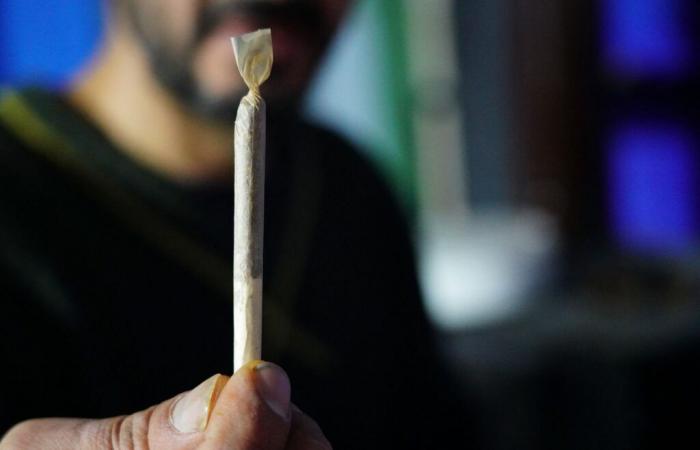A new arrival has appeared in the constellation of drugs and products used to improve sleep.
In fact, 16% of Canadian adults use cannabis or cannabis derivatives to treat their insomnia, reveals a study published in the journal Sleep Medicine by a team of research directed by Charles Morin of the School of PsychologyLaval University and the CERVO Research Center.
Professor Morin and 11 other scientists from Quebec and Ontario arrived at this observation after conducting, between April and October 2023, a survey of 4,037 Canadian adults. These people agreed to answer various questions about their sleep.
“More than 16% of people who participated in the study presented symptoms that correspond to the criteria for insomnia disorder, reports Charles Morin. These people were dissatisfied with their sleep, they had difficulty falling asleep and staying asleep or waking up early. Their lack of sleep interfered with their daily functioning and caused them significant distress. These symptoms of insomnia occurred at least three times a week for three months or more.
The responses also revealed that 46% of people who participated in the study had used products to help them sleep in the 12 months preceding the survey. “This is almost twice as much as what we measured 16 years ago,” observes Professor Morin.
The most frequently used products are natural products and over-the-counter products such as melatonin and valerian (29%), cannabis (16%), prescription drugs (15%), and alcohol (10%). .
“The use of cannabis even reaches 28% among 18-35 year olds, underlines Professor Morin. All age groups combined, people who use cannabis use it 4 times a week, on average.”
With the exception of sleeping pills, the sleep aids discussed in this survey have not been extensively studied until now, underlines the researcher. “This is particularly the case for melatonin. Despite its widespread use, we still know very little about the risks and benefits of this product for treating insomnia.”
The popularity of cannabis as a self-treatment for insomnia is worrying, continues Charles Morin. “There is no conclusive data indicating that cannabis is effective and safe for insomnia. However, its negative effects on the mental health of young people are well documented.”
The recommended first-line intervention against insomnia disorder is cognitive-behavioral therapy, recalls the researcher, who participated in the development of this approach, the effectiveness of which has been repeatedly demonstrated. “It is this treatment that should be offered initially to people who suffer from insomnia. The lack of resources in the network of the health however makes this recommendation difficult to apply at the moment. We hope that the possible development of a self-care program, dedicated to this treatment and intended for cases of insomnia not requiring support from a healthcare professionalcould solve part of this accessibility problem.”
The other signatories of the study who are associated with theUniversité Laval are Lydi-Anne Vézina-Im, Si-Jing Chen, Hans Ivers and Geneviève Belleville.






